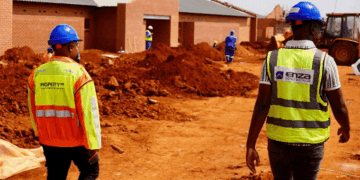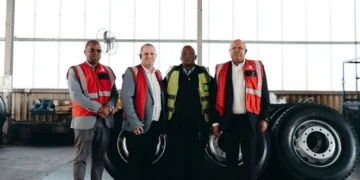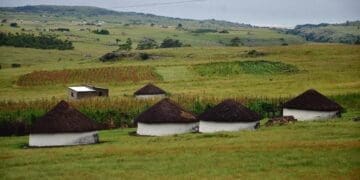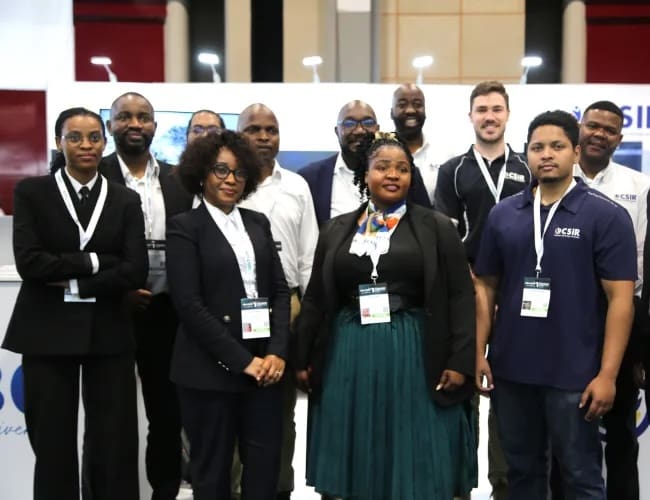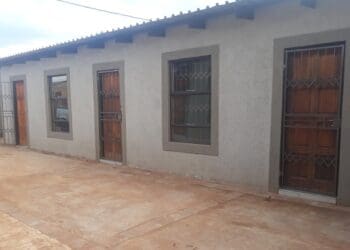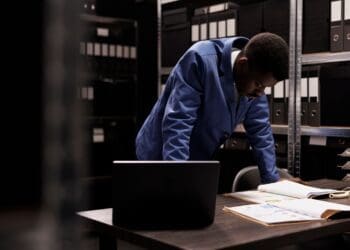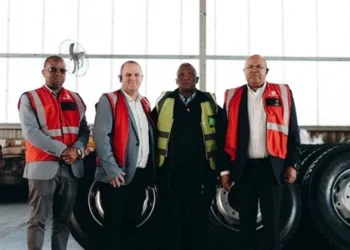As the race toward clean energy accelerates, South Africa’s small and medium enterprises (SMMEs) stand on the brink of a new frontier — one where science meets sustainability and innovation fuels new industries.
As the country pushes toward clean and locally produced energy solutions, the Council for Scientific and Industrial Research (CSIR) is working with UK partners to develop sodium-ion battery technology that could open new opportunities for small businesses in the green economy.
The project, conducted in collaboration with the UK’s Foreign Commonwealth and Development Office (FCDO), Imperial College London, and Coventry University, aims to create a cost-effective, sustainable alternative to lithium-ion batteries — a move that could reduce reliance on imported technologies and strengthen local manufacturing.
While lithium-ion batteries currently dominate the global energy market, their supply chains depend on scarce and costly minerals like lithium, cobalt, and nickel. Sodium-ion batteries, on the other hand, use materials that are abundant and easier to source, including sodium and carbon derived from agricultural waste.
According to the CSIR, this technology could allow South Africa to build a fully localised battery value chain using domestic resources such as vanadium and biomass carbon. This opens the door for small businesses to participate in areas like materials processing, component manufacturing, and recycling.
Dr. Mmalewane Modibedi, who leads the CSIR’s Electrochemical Energy Technology research group, said the collaboration aims to turn scientific innovation into inclusive growth.
“By developing sodium-ion technology locally, we are creating opportunities for small enterprises to supply materials, assemble systems, and support battery testing and deployment across South Africa,” Modibedi said.
Industry experts believe that SMMEs could benefit through new roles in energy storage assembly, agricultural by-product processing, logistics, and maintenance services. This would align with the country’s broader industrialisation goals and energy transition strategy.
The sodium-ion initiative also strengthens South Africa’s energy independence by reducing reliance on global supply chains that are vulnerable to disruption. Locally manufactured batteries could make renewable energy systems such as solar and microgrids more affordable and accessible for both households and small enterprises.
Through its Energy Storage Testbed (ESTB) and Electrochemical Energy Technology (EET) units, the CSIR will test and validate battery performance under local conditions, ensuring that the technology meets the needs of businesses and municipalities.
Beyond the laboratory, the project promises to create a ripple effect across South Africa’s green economy from farmers who can turn agricultural waste into valuable materials, to small engineering firms developing off-grid energy solutions.
“This collaboration empowers us to build a sustainable energy future grounded in our own resources and skilled people,” Modibedi added.
As sodium-ion research advances, the CSIR believes the next generation of clean energy innovations could be powered not only by science, but by South Africa’s small businesses.
Azwi@vutivibusiness.co.za





